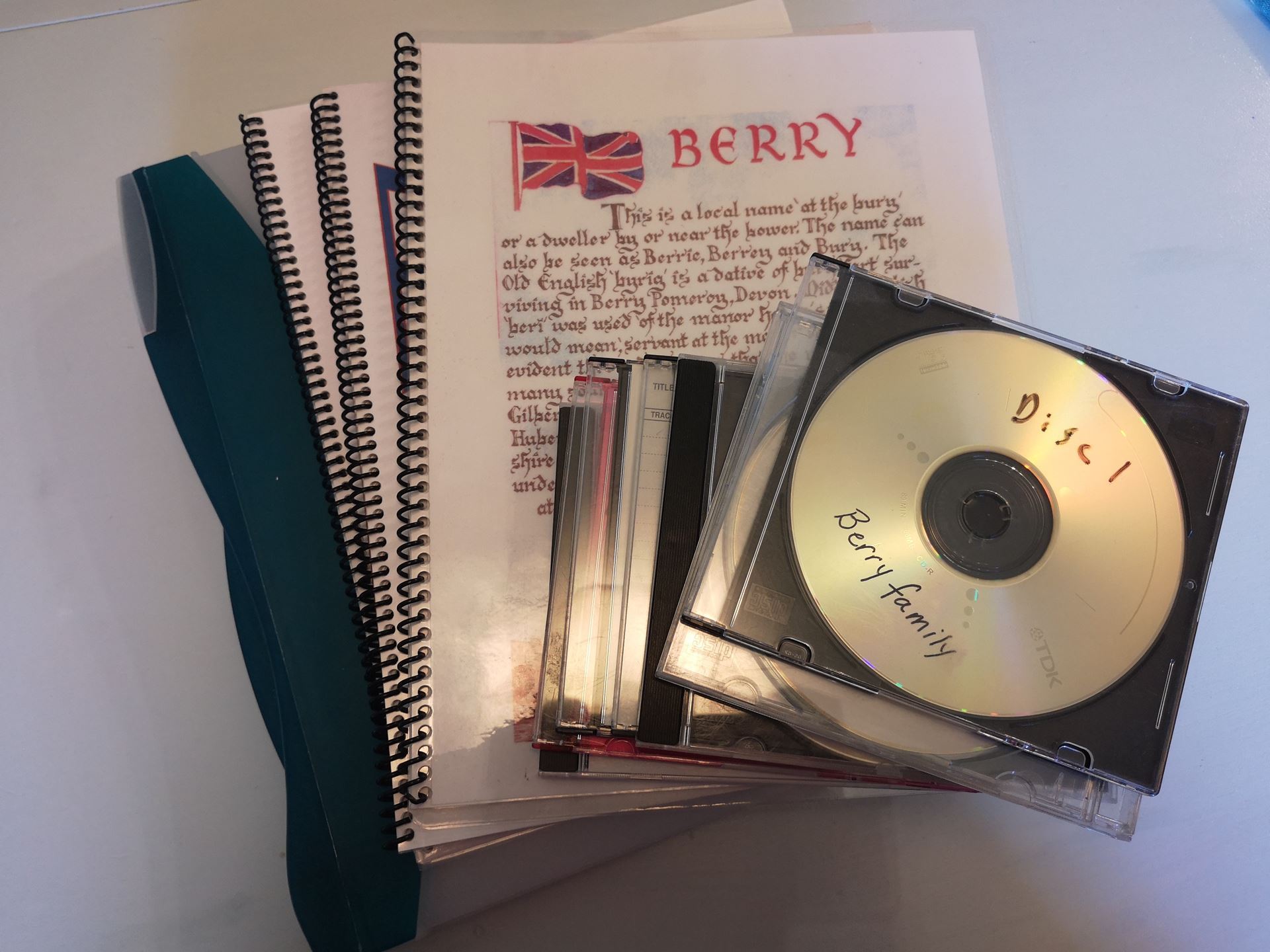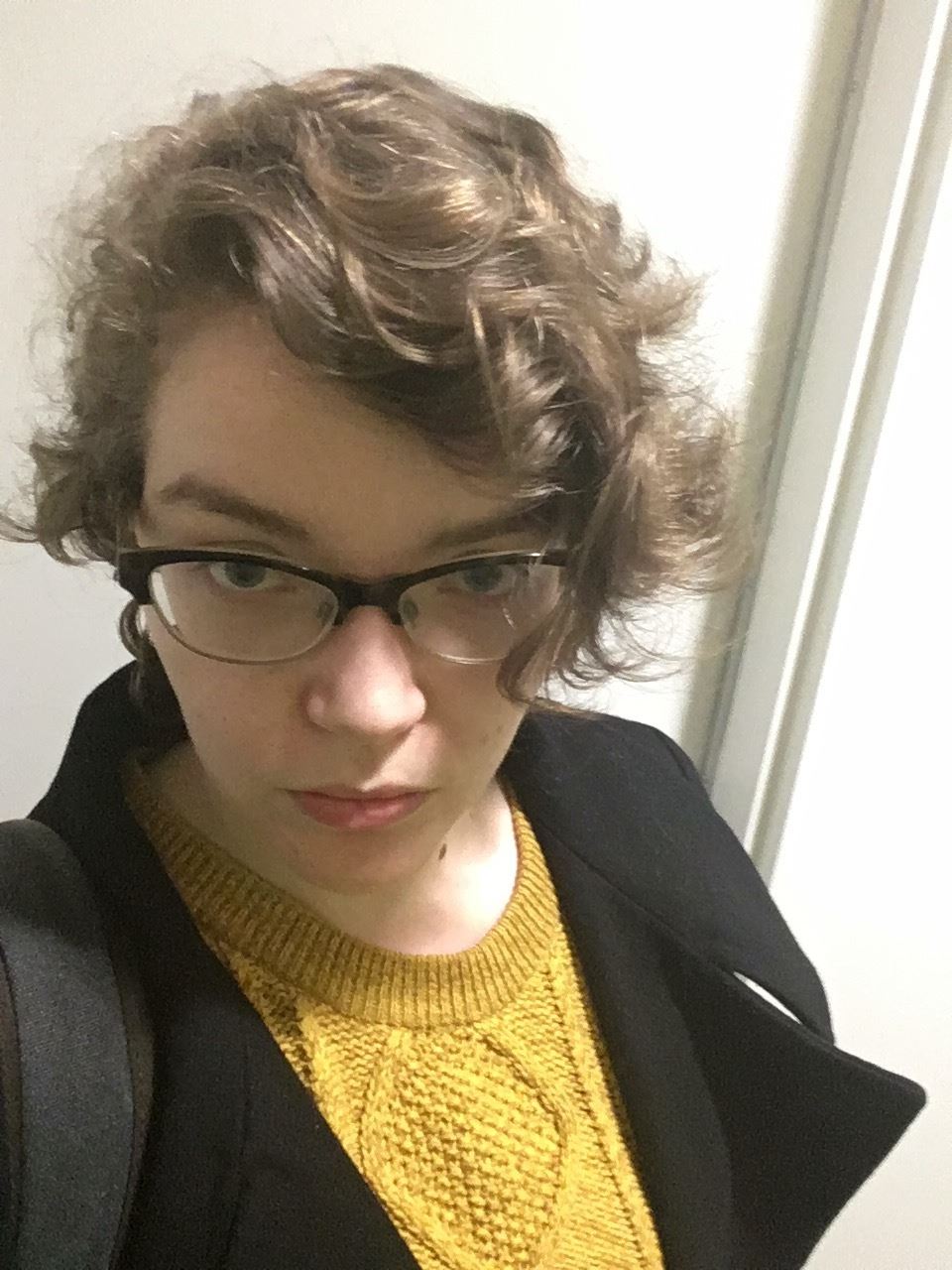Unless you’ve been living under a rock, you’re likely aware that direct-to-consumer (DTC) genetic testing has been enjoying a surge in popularity. Thanks to the relative affordability of DTC genetic tests, and the survival of a few powerful DTC genetic testing companies through the crucible that was the early-2000s market of DTC genetic tests, the rates of those taking such tests to uncover health or ancestral genetic information has continued to rise, resulting in about 15,000,000 people in the AncestryDNA database alone in April 2019. Alongside that rise in test-takers has been a rise in media coverage. Read More

Above is an excerpt from Part 1 where I round-up four collaborations that have received ink and clearly equate genes to culture by emphasizing and effectively sitting in the past to honour it in some way. Below, in Part 2, I share two collaborations that have received less ink and provide a spin on the typical collaborations that call back to the roots of the DTC genetic testing industry itself.
Ancestry + GustoTV
In November 2018 the show DNA Dinners premiered on Canadian television channel Gusto. Hosted by Tyrone Edwards this show’s basic premise is that guests of the show sign up to take an AncestryDNA test and then the guest is guided by a chef in learning about important and iconic ingredients, dishes, and cooking techniques from the cultures suggested by their rest results. Each episode concludes with the creation of a recipe that takes elements from two cultures suggested by their AncestryDNA test results. That recipe is then fed to the guest and loved ones they invite.
While I have unfortunately been unable to view the show myself, the publications put out elsewhere make clear that the point is to connect the guests with their genetic ancestry through the medium of food. While food preferences can be impacted by genes, the cultural component is overwhelmingly significant and makes the connection to genetic ancestry one that occurs, in this show, through culture.
It also returns to the roots of the DTC genetic testing industry, calling back to some of the earliest public consumptions of DTC genetic testing, when such testing was done behind-the-scenes of a television show with the results later revealed live to the test-taker. However, it is also doing something the other collaborations are not focusing on. It is combining the cultures suggested by the AncestryDNA test to create a meal that represents multiple components of the test-taker’s ancestral cultural background, not in isolation from each other, but in collaboration and with the guidance from a chef from one of those cultures. That collaboration appears to be the point. While DNA Dinners is stepping on a well-trod path, they have spun it by adding food and emphasizing the occurrence of blended cultures.

A sample of the author's family's genealogical research, of which DNA has been one tool of many. Credit: Megan Berry
African Ancestry + MahoganyBooks
Currently, the most unique collaboration I’ve become aware of is the one between the oldest surviving DTC genetic testing company African Ancestry and independent bookstore MahoganyBooks that culminates in book lists divided by the rough focus of Country, Culture, or Consciousness. For some context, both companies cater to an African American audience. African Ancestry focuses on providing matrilineal and patrilineal genetic testing for individuals in the African diaspora—specifically those in America—with the goal of connecting those individuals to their genetic ancestral origins. MahoganyBooks focuses on providing books “written for, by, or about people of the African Diaspora.”
Besides its focus on a specific population rather than All The Populations, this collaboration is also unique in that the conflation of genes with culture is not nearly as prominent as it is in the above collaborations. The African Ancestry Get Rooted Book List does equate genes with culture—the language of “roots” and the division of book lists by country, culture, and consciousness makes that equation clear—but I see this equation as less egregious than it is for the other collaborations because it focuses explicitly on a specific population that is linked not by genetics (which vary) but by experience (as African Americans). An experience, I should note, that I do not share because I am a white Canadian.
The descriptions of the book lists also do some heavy lifting to make the experience the focus rather than the genetic ancestry, and its assumed associated culture. The Culture book list refers to “mov[ing] the culture forward,” an effort emphasized by the Consciousness book list referring to the “past inform[ing] the future” and “expand[ing] your perspective.” Even the Country book list says “you’ve found a connection to your country of ancestry. Explore the place and the people,” phrasing which emphasizes the connection as well as the present time and the living people there (see here). Rather than emphasizing exploring the historical experiences of your genetic ancestors and their likely culture, the present and the future are the important parts. How the people who are living in the place your genetic ancestors came from live currently, what they are like currently, what that place is like currently is the focus. It’s current and forward-thinking. Rather than looking to the past for understanding the past (and if you’re lucky, the present), the collaboration emphasizes using the past for guidance in understanding and advancing the future.
It’s a shift the other collaborations barely touch, and in not acknowledging the future of the people taking the tests and trying to engage with their ancestry through those tests, it seems to me that the collaborations are the poorer for it.
There you have it, a round-up of some of the most prominent and a couple less prominent collaborations orbiting the equation of “genetics = culture” with varying levels of devotion. People want to connect with their ancestries and open the black box of their family histories, yet the complexity of genetics and our conceptions of self and family make this a much more fraught endeavor than perhaps initially assumed. It demands an interdisciplinary collaboration knowledgeable about genetics, selfhood, and family, and able to communicate that knowledge to ensure the worrisome paths these collaborations tend to walk down have strategically placed signposts to make clear what is fact, what is not, and what is unknown.
By: Megan Berry

When not working for a Calgary non-profit, Megan N. Berry is playing DnD, watching Let’s Plays, and writing and researching whatever catches her interest (the history of eugenics, 1950’s Tupperware parties, metal music in the 1980’s, etc.). She previously earned her MA in Communication and Culture from Ryerson University and York University after researching how DTC genetic ancestry test-takers reacted to and revealed their results on YouTube videos for audience consumption. She previously earned a Bachelor of Communications from Mount Royal University, writing on sustainability metaphors.
